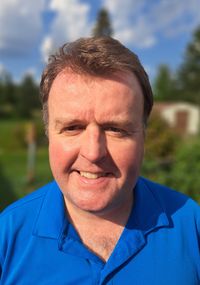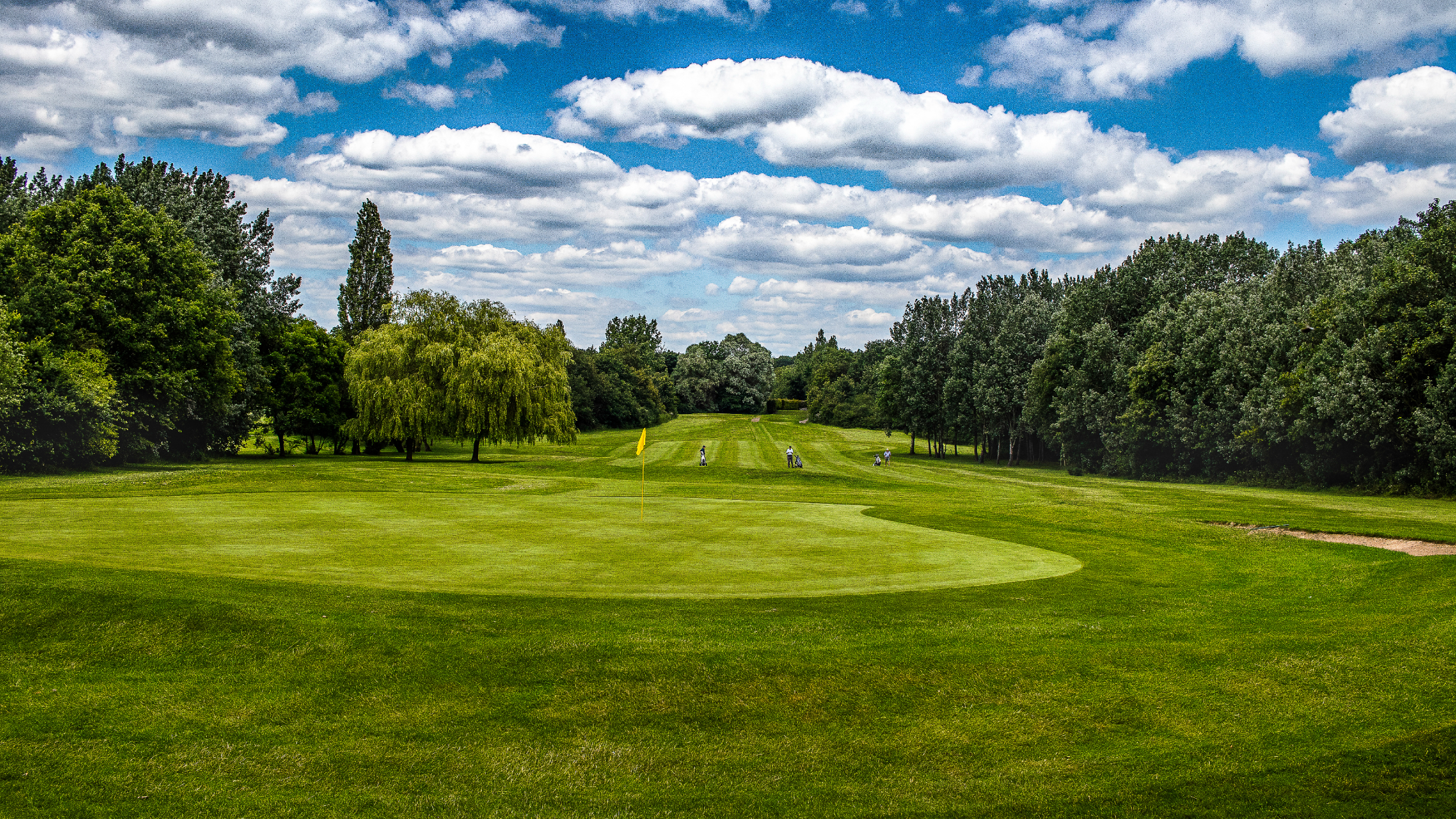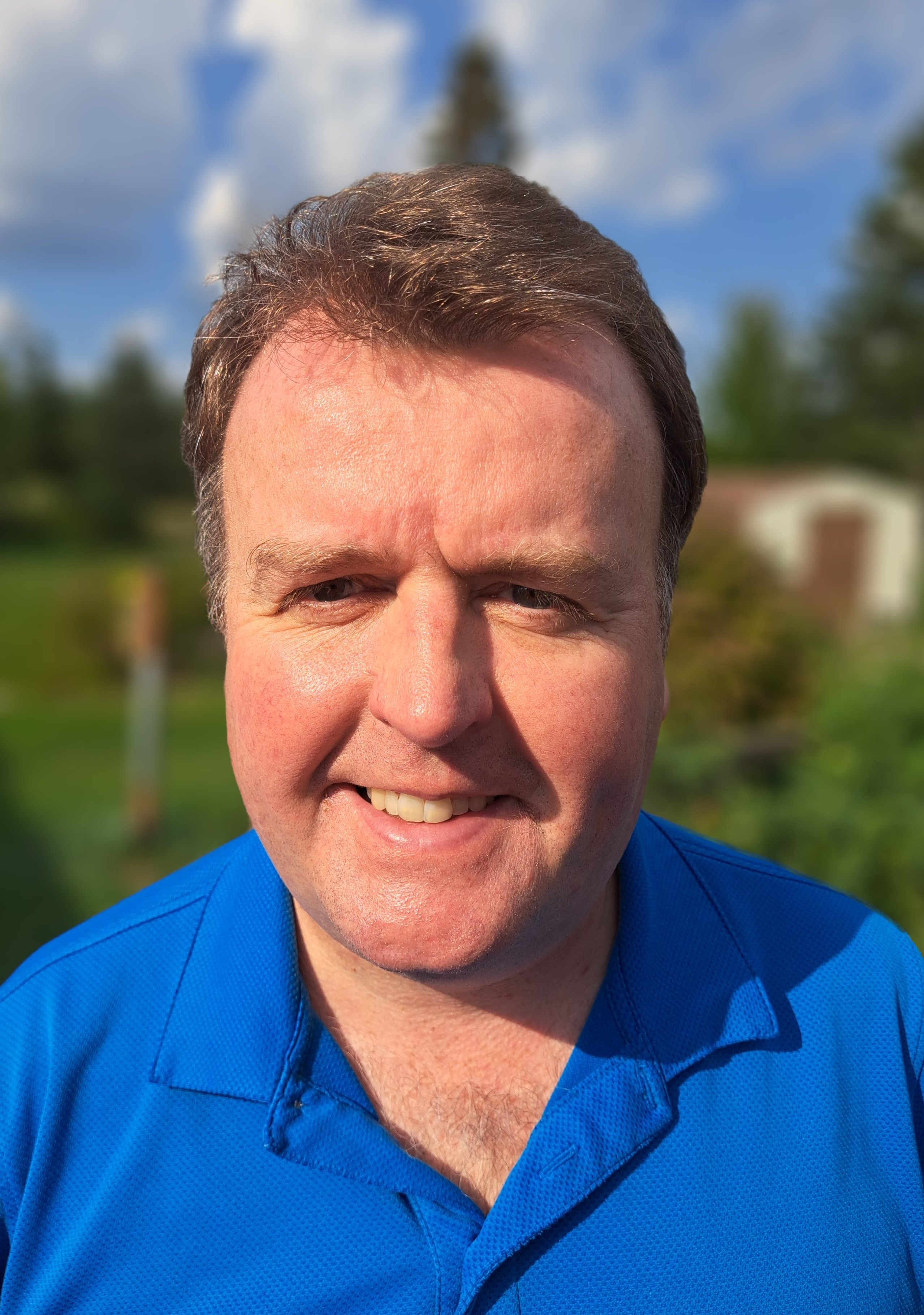Greenpeace Takes Swipe At Golf, Hints Courses Could Be Put To 'Better' Use
The environmental organisation has sparked a debate about whether golf courses could be put to better use


Subscribe to the Golf Monthly newsletter to stay up to date with all the latest tour news, equipment news, reviews, head-to-heads and buyer’s guides from our team of experienced experts.
You are now subscribed
Your newsletter sign-up was successful
Want to add more newsletters?

Delivered daily
Daily Newsletter
Sign up for all the latest tour news, gear reviews, head-to-heads and buyer’s guides plus features, tips from our top 50 coaches and rules advice from our expert team.

Once a week
Kick Point
Sign up to our free Kick Point newsletter, filled with the latest gear reviews and expert advice as well as the best deals we spot each week.

Once a week
Women's Golf Edit
Sign up to our free newsletter, filled with news, features, tips and best buys surrounding the world of women’s golf. If you’re a female golfer, you won’t want to miss out!
The thorny issue of solar panels is currently in the news, with the UK’s environment secretary Ranil Jayawardena reportedly planning to ban solar farms on agricultural land, arguing that it hinders the government’s programme of growth boosting food production.
Not surprisingly, that suggestion hasn’t been well received by environmental organisation Greenpeace UK, who had the country’s golf courses in its sights in response. A message on its official Twitter account says: “Amount of land in the UK taken up by: Golf courses = 1,256 km2 Solar farms = 230 km2. If government ministers want to put our land to better use, why don't they take a look at golf courses first?”
Amount of land in the UK taken up by:Golf courses = 1,256 km2Solar farms = 230 km2If government ministers want to put our land to better use, why don't they take a look at golf courses first?October 10, 2022
The timing of Greenpeace’s tweet is unusual as it came just a day after the end of the inaugural Sustainable Golf Week, which highlighted achievements in sustainability and the eco-friendly initiatives carried out in the game. However, as well as celebrating the strides already made, it also asked how golf can be more sustainable and pinpointed what needs to be improved to deliver on the UN Sustainable Development Goals.
There are strong arguments that golf courses already play an important role in offering green spaces in urban areas, while they can also help protect coastal strips and provide vital buffers for wetlands. Meanwhile, a 2016 Financial Times article appeared to disprove claims that golf courses in the UK take up more land than housing. Away from environmental arguments, golf is also enjoying a resurgence among the public in Britain, with research showing that 4.8m adults playing on either a nine or 18-hole course in 2021. Not only that, but there are health benefits of playing golf, suggesting its value goes beyond purely environmental issues.
Greenpeace’s tweet certainly inspired plenty of debate with well over 1,000 responses. However, with a compelling argument suggesting the positives of golf courses comfortably outweigh any potential negatives, it is doubtful as to whether its suggestion will be acted upon.
Subscribe to the Golf Monthly newsletter to stay up to date with all the latest tour news, equipment news, reviews, head-to-heads and buyer’s guides from our team of experienced experts.

Mike has over 25 years of experience in journalism, including writing on a range of sports throughout that time, such as golf, football and cricket. Now a freelance staff writer for Golf Monthly, he is dedicated to covering the game's most newsworthy stories.
He has written hundreds of articles on the game, from features offering insights into how members of the public can play some of the world's most revered courses, to breaking news stories affecting everything from the PGA Tour and LIV Golf to developmental Tours and the amateur game.
Mike grew up in East Yorkshire and began his career in journalism in 1997. He then moved to London in 2003 as his career flourished, and nowadays resides in New Brunswick, Canada, where he and his wife raise their young family less than a mile from his local course.
Kevin Cook’s acclaimed 2007 biography, Tommy’s Honour, about golf’s founding father and son, remains one of his all-time favourite sports books.